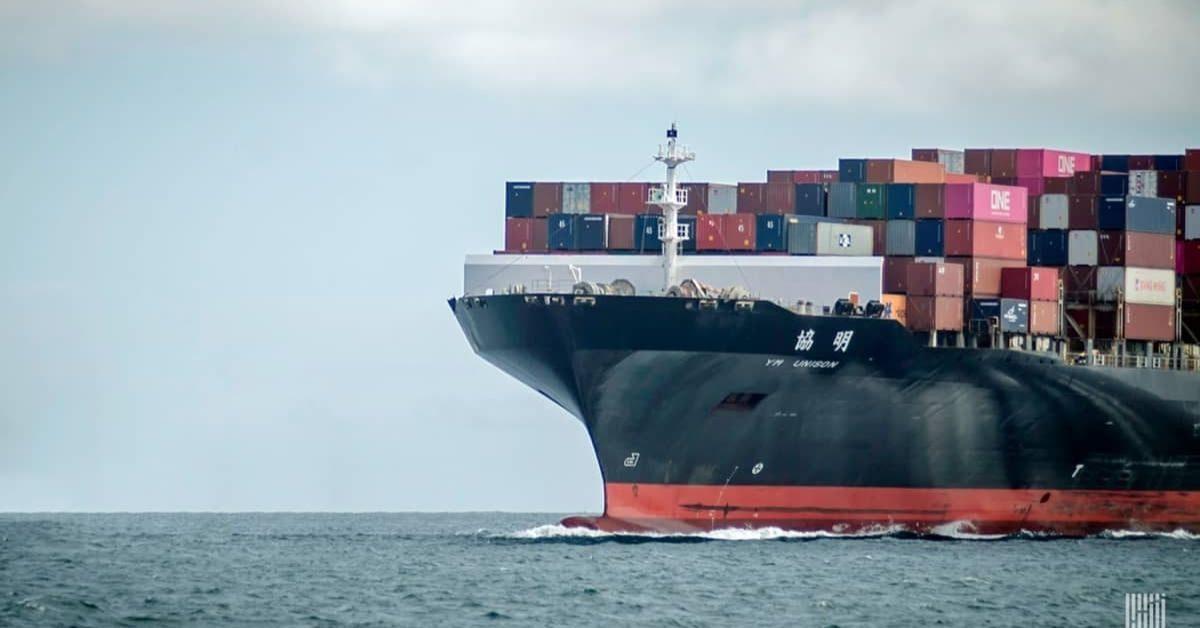Bangladesh has achieved many things in the past five decades but it has to do a lot to reach long-term growth by strengthening reforms in the areas of macro-fiscal management, export diversification, financial sector, energy, and climate resilience, according to the World Bank.
“Higher and sustained levels of infrastructure investment, digitalisation and especially human capital will be a sine qua non for higher growth,” said World Bank Managing Director for Operations Axel van Trotsenburg on Sunday.
He made the comments at a discussion on the 50 years of partnership between Bangladesh and the World Bank held at the Bangabandhu International Conference Centre in Dhaka on Sunday. The World Bank and the government jointly organised the event.
He said a vibrant private sector and export diversification will be central for staying on course for a strong growth path.
“For this, rationalising the tariff system to reduce the nominal protection rate, removing non-tariff barriers, and liberalising trade in services will be critically important. And, you have already shown potential to do this,” said Trotsenburg.
In 1970, Bangladesh had $500 million in export revenues and this has grown many times over the years. For example, he said Bangladesh’s exports reached $5 billion in November 2022 alone.
But the WB top official said lots need to be done to sustain the growth and the achievements as well.
“To sustain rapid private sector-led growth, Bangladesh will need to deepen and diversify its financial sector. This would help increase the economy’s resilience and mobilise additional resources for small and medium enterprises, many of which are currently not able to access the credit to upgrade their facilities and grow their business,” he said.
Trotsenburg said Bangladesh has led the way in climate adaptation and disaster risk management, yet, it continues to face severe and increasing climate risks. “Our recent Country Climate and Development Report proposes a roadmap of targeted policy and investment interventions for a low-carbon growth path, including among others the development of a climate smart agricultural system, the prioritisation, resourcing and implementation of the Bangladesh Delta Plan 2100, and the adoption of energy efficiency measures and reduced subsidies to save fiscal resources and reduce carbon emissions,” said the visiting WB managing director.
Last but not least, he said to safeguard the country’s successful development outcomes and support sustained growth and poverty reduction, it is important that the country maintain stable macroeconomic conditions, underpinned by sound macroeconomic-fiscal management.
“The World Bank stands ready to support Bangladesh on these critical reform areas whose timely implementation will set Bangladesh on a path to a high-income country,” he said.
Trotsenburg said Bangladesh has made tremendous strides, transforming from one of the world’s poorest countries at independence in 1971 to a lower middle-income country in 2015. “The World Bank is proud to be part of this journey as one of Bangladesh’s first development partners and we have learned a lot from each other about how development works,” said Trotsenburg.
“Bangladesh, as many other countries in the world, is coping with unprecedented global shocks,” said Trotsenburg. “We are committed to supporting the country through uncertainties and challenges created by the Covid-19 pandemic, the Russian invasion of Ukraine, and increasing impacts of climate change as the country moves forward to achieve its development goals,” he noted.
In the five decades of this remarkable journey, the WB remained a development partner of Bangladesh. In August 1972, Bangladesh became a member of the World Bank Group. In November 1972, the first World Bank project for Bangladesh, a $50 million Emergency Recovery Credit was approved to help the war-torn nation to rebuild the transport and communication, agriculture, and industry sector with some support to the construction and power sector. At the same time, the World Bank reactivated four more projects that had been approved before the liberation war.
Since then, the WB has committed about $39 billion in International Development Association (IDA) financing in the form of grants, interest-free loans, and concessional credits to help the country overcome its development challenges. With about $15.3 billion in financing for 53 ongoing projects, currently Bangladesh has the largest ongoing IDA programme, and the World Bank is Bangladesh’s largest development partner.
Earlier, Sharifa Khan, secretary of the Economic Relations Division (ERD), recognised the consistent support of the World Bank along with other development partners to maintain a stable economic growth and development in the last five decades.
She said that Bangladesh requires huge investment in energy, transport, port and other infrastructure to achieve the status of an upper middle-income country by 2031. She requested the WB to align the upcoming country partnership strategy with the goal and target of the government.
She said that the cost of foreign borrowing for Bangladesh is increasing abruptly in recent years which creates pressure on managing foreign debt. She urged the WB to increase the flow of budget support for Bangladesh to manage pressure stemming from the global economic unrest caused by the war between Russia and Ukraine prior to recovering from the Covid fallout.
Finance Minister AHM Mostafa Kamal, World Bank Regional Vice President for South Asia Martin Raiser, and Country Director of the lender for Bangladesh Abdoulaye Seck, among others, spoke at the event.








